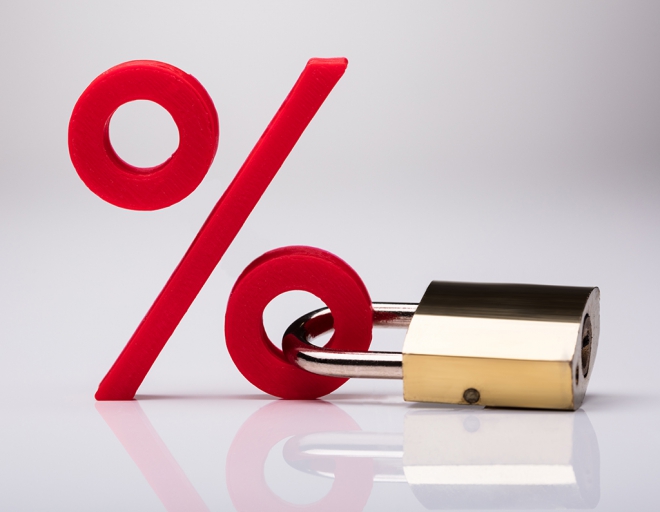

Until the interest rate is locked, the credit you receive (or the price you pay) for an interest rate can change minute by minute. Once your interest rate is locked, as long as your loan closes within the allocated lock period, your interest rate and credit are secured. Now, rather than worry about what is happening in the interest rate market, the focus will change to ensuring your loan closes within the allotted lock period.
Interest Rates and the Media
Between now and the time that your loan closes, you may hear the media talk about interest rates rising or dropping. The truth is that the interest rate is not likely moving; but rather the credit or the cost to achieve that interest rate has moved. In most cases, the change is minimal. The media is very quick to alert their audience when mortgage pricing improves, but slower to act when the cost to achieve a particular rate increase. In many cases, they will announce that rates are lower. However, that may indicate that rates have decreased and are now back down to where they were a week ago. Not truly a noteworthy headline.
What if Rates Drop after the Rate is Locked?
Generally speaking, once your interest rate is locked the pricing is set. If there is a significant drop in interest rate (.25% or greater improvement), there are times when a rate lock can be adjusted. However, we will always lock in a rate based on the best executed price for your situation. Therefore, assuming the next best plan is .125% lower than the next best option, a rate movement of .375% is required before a change can be considered. This is highly unlikely to occur within any lock period, and is not always an option regardless. Therefore, the safe play is to consider your rate lock final once the pricing and interest rate have been locked-in.
"It is better to be locked and wish you were floating than be floating and wish you were locked."
Is a Rate Lock Final, Regardless of Loan Approval?
In order for a rate lock to be considered final, the loan must be fully approved. If the lender with which we have locked in your rate denies your loan for any reason, the interest rate lock will be null and void. If we are able to move a denied loan to another mortgage lender and get the loan approved, we will have to relock the loan based upon the market at that time.
Can Pricing for a Rate Change Once Locked?
The cost (or credit provided) to achieve a particular interest rate can change based upon credit score, loan-to-value, and loan amount. If there is a deviation from the original plan in any one of these details, the cost or credit for a particular interest rate can change. The most common example is when an appraised value comes in lower than anticipated. This may make the pricing for a particular interest rate higher or lower. We will advise you should this become an issue with your loan. If you have any other questions, please let us know. We are always here for you.





